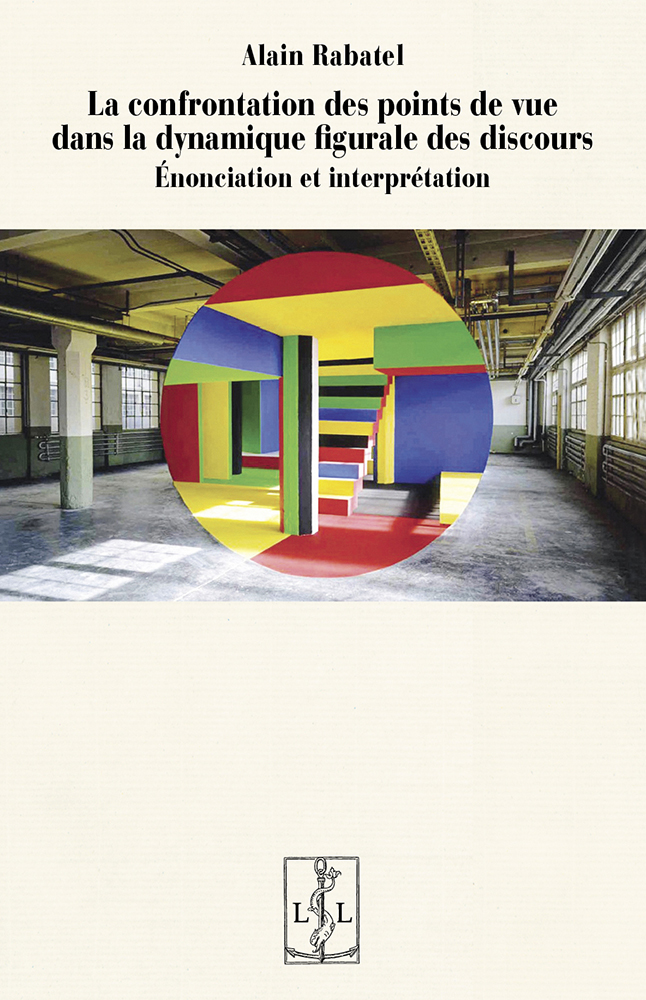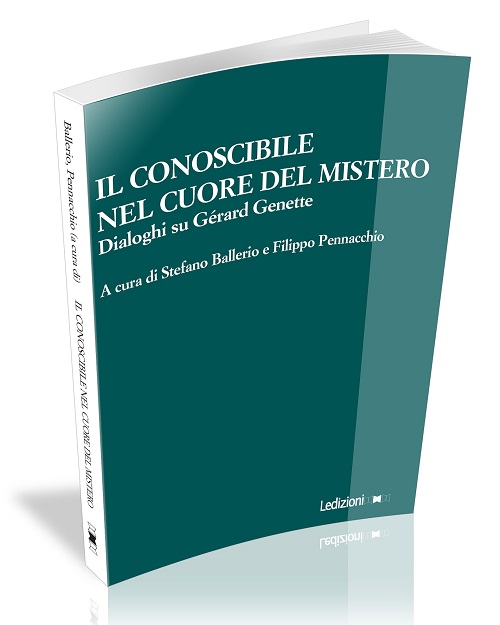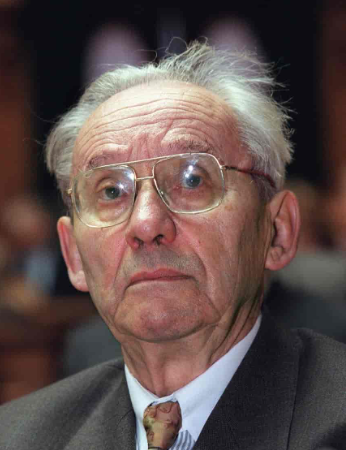Alain Rabatel, La confrontation des points de vue dans la dynamique figurale des discours. Énonciation et interprétation, Limoges, Lambert Lucas, 2021.
Plutôt que d’appréhender les figures dans le cadre typologique classique des traités de rhétorique, le présent ouvrage propose une approche nouvelle de la figuration fondée sur une conception positive, textuelle, des notions d’écart et de saillance. Partant de la confrontation dialogique des points de vue pour mettre l’accent sur objets-de-discours et les effets-de-figure qui appellent de la part de chacun une interprétation connivente de la figuration, l’auteur en décrit les fonctions représentationnelles iconiques et cognitives d’où découlent d’autres fonctions encore, symboliques et argumentatives. L’ouvrage revisite des figures de pensée (ironie, humour, hyperbole) des figures de mots (lapsus, contrepèteries, à-peu-près, syllepses et antanaclases, antimétaboles, paradoxes, répétitions, créations néologiques) avant de s’ouvrir à des inédits de la problématique figurale tels que formules, reformulations et exemplifications en chaîne dont il dégage le rôle dans l’organisation des textes et des figures d’auteur (notions d’idiolecte, de style, d’éthos). Outre les textes médiatiques, satiriques, parodiques, poétiques et religieux où les figures abondent, le corpus comprend de nombreux genres moins connus sous cet angle tels que lapsus de courriels, devinettes, listes, litanies, etc.

Spécialiste reconnu d’analyse du discours, Alain Rabatel est professeur sciences du langage à l’Université Lyon 1 – Inspé, membre du laboratoire Icar. Ses travaux se signalent par leurs apports théoriques (théories du point de vue, de l’argumentation indirecte, de l’effacement énonciatif, des postures énonciatives) et par l’importance accordée aux effets pragmatiques et interprétatifs. Il fait ici le bilan des travaux qu’il a consacrés à la problématique de la figuration depuis une douzaine d’années.
Lien vers le site de l’éditeur: http://www.lambert-lucas.com/livre/la-confrontation-des-points-de-vue/


